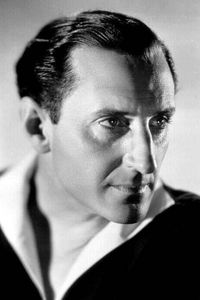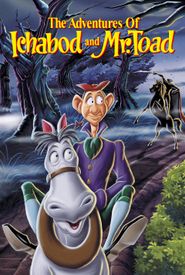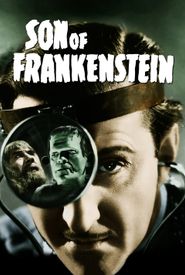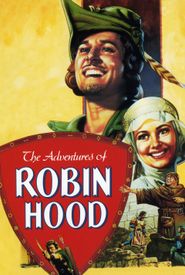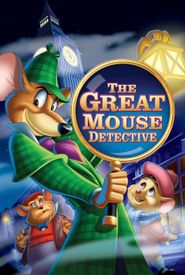Basil Rathbone was born in Johannesburg, South Africa, in 1892, but his family was forced to flee the country when his father was accused of being a British spy during the Boer War. They escaped to England, where Basil and his siblings were raised.
Rathbone attended Repton School from 1906 to 1910, where he was more interested in sports and theater. After graduating, he planned to pursue acting, but his father disapproved and suggested he try working in business instead. Rathbone worked as a clerk for an insurance company for a year before deciding to follow his passion for acting.
He was hired by a Shakespearean troupe in Stratford-on-Avon and worked his way up the ranks, starting in bit parts and eventually playing juvenile leads. His career was interrupted by World War I, during which he served as a second lieutenant in the Liverpool Scottish 2nd Battalion and received the Military Cross for bravery.
After the war, Rathbone returned to the stage and eventually made his film debut in the silent film Innocent (1921). He continued to alternate between the London and New York stages and occasional appearances in films throughout the 1920s.
In the 1930s, Rathbone began to focus more on his film career, playing a variety of roles including romantic leads, suave lady-killers, and sinister villains. He earned two Oscar nominations for his performances in Romeo and Juliet (1936) and If I Were King (1938).
However, it was his portrayal of Sherlock Holmes in 1939 that brought him his greatest fame, with Nigel Bruce as Dr. Watson. He went on to play the character in 12 more films and numerous radio broadcasts over the next seven years.
Feeling that his identification with the character was killing his film career, Rathbone returned to the stage in 1946 and won a Tony Award for his portrayal of Dr. Sloper in the Broadway play "The Heiress." He continued to work in television, film, and stage throughout the last two decades of his life.
